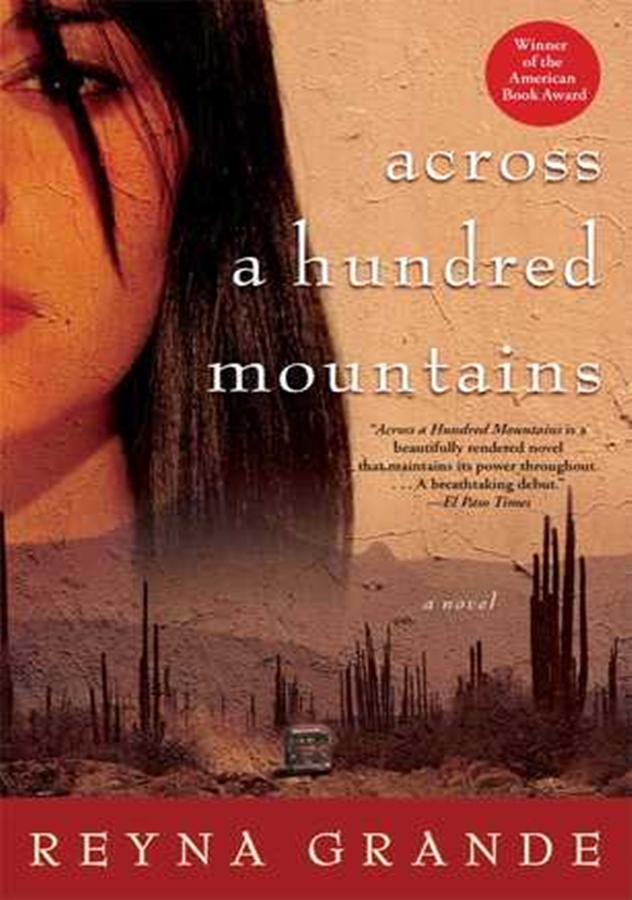Across a Hundred Mountains by Reyna Grande is an easy-to-read, heart-wrenching, poignant story of Mexican poverty, illegal migration, loss, and discovery. The author, who came to the United States when she was nine, gives an insight into the controversial issue of Mexican migration in pursuit of a better life despite the perils and dangers. Across a Hundred Mountains is told in short scenes from the perspectives of the two protagonists Juana and Adelina. Their stories converge near the end, where the little twist is revealed.
Juana, 11, lives with her Amá and Apá in their little shack at the outskirts of their village in Mexico. One night, their shack becomes inundated by a flood while Apá is away. Amá leaves Juana on top of the table holding the baby, Anita, to go look for her husband. Juana falls asleep and loses hold of the baby, who drowns. Now in debt again to the wealthiest man in the village, Don Elías, who paid for the funeral, Apá decides to risk everything and go to America to earn the money to pay off Don Elías.
When no word comes from Apá after several weeks, Don Elias starts pressuring Amá for payment. Knowing that Amá is unable to pay , Don Elías wants only one thing: her body. If she refuses, Don Elías would have her jailed. Out of desperation, Amá accedes to Don Elías’s demands.
Several months later, Amá gives birth to a baby boy. Don Elías, who is childless as his wife has been unable to conceive, claims that the baby is his and forcefully takes away the baby. Amá descends into guilt, depression, alcoholism and finally violence by killing Don Elías.
Juana never abandons up hope that her father is just across the mountains, that he hasn’t forgotten or forsaken them. At 14, Juana sets out on a painstaking journey to Mexico City, where she meets Adelina, an American runaway working as a prostitute in Tijuana, who takes Juana in. Finding themselves in dire circumstances, they offer each other support and ultimately become linked forever in the most unexpected of ways.
The narrative switches off between young Juana’s viewpoint, and that of Andelina, now 31 and a Los Angeles social worker. The two stories cross and re-cross in unexpected ways, driving toward a powerful conclusion.
 CY@CY Says Welcome to my dreamscape. Where a Lim is also a Ling.
CY@CY Says Welcome to my dreamscape. Where a Lim is also a Ling.
